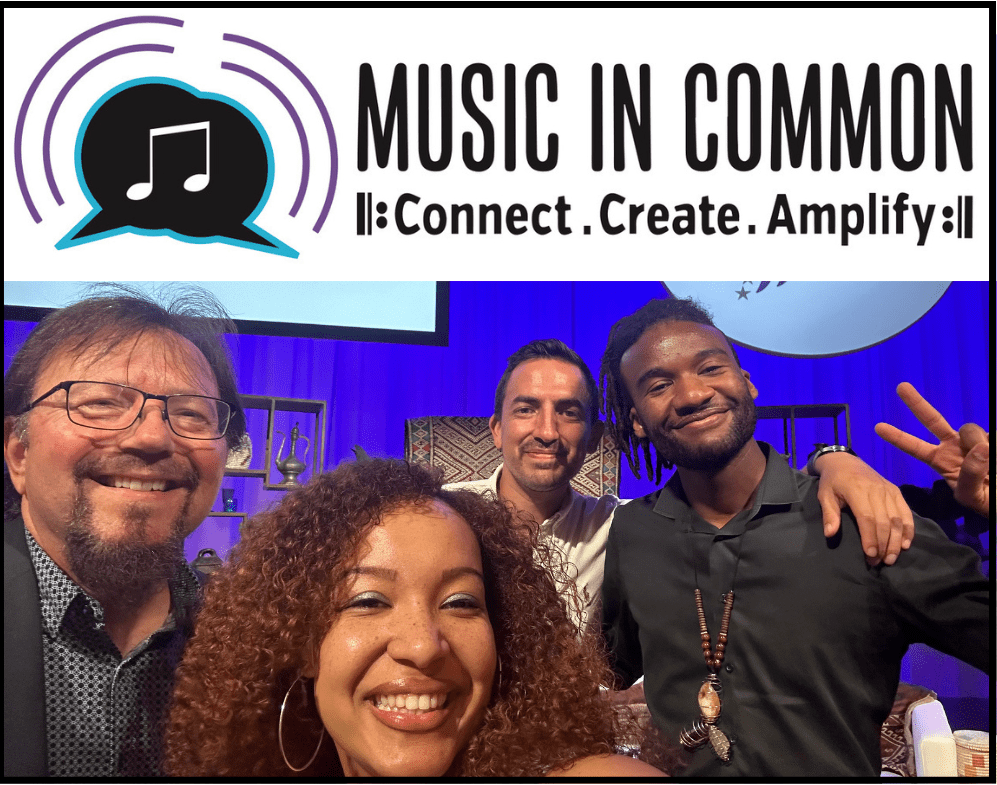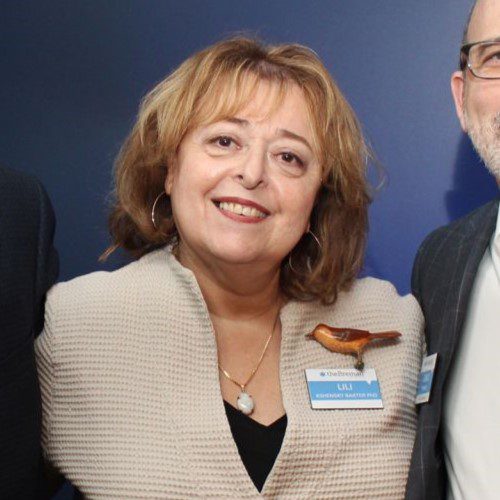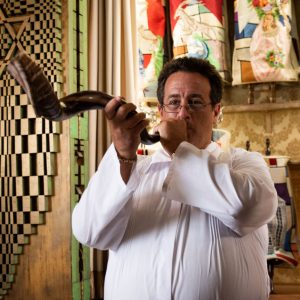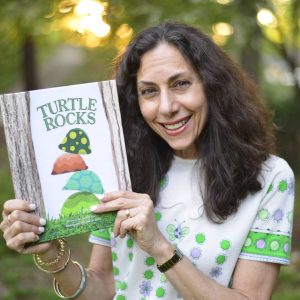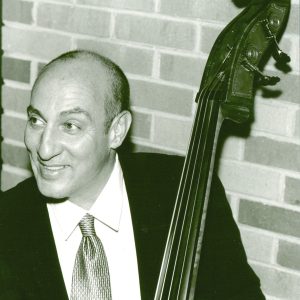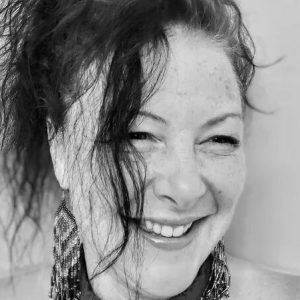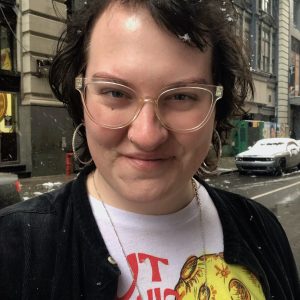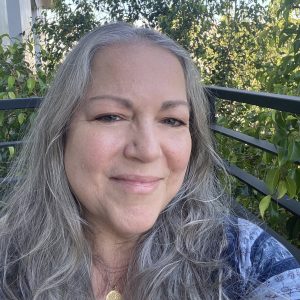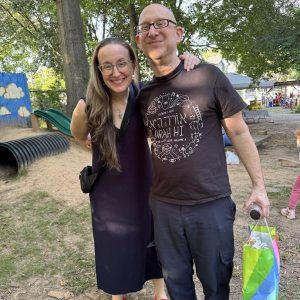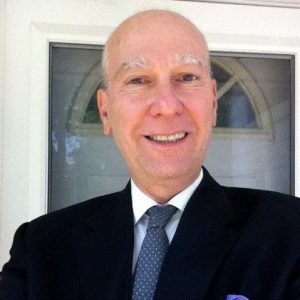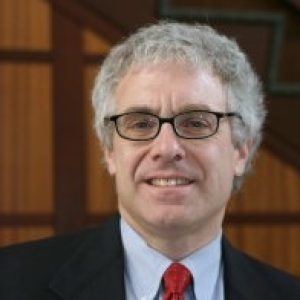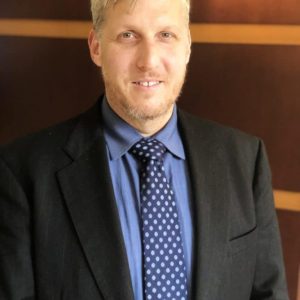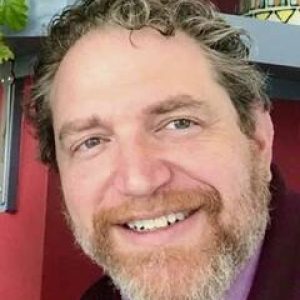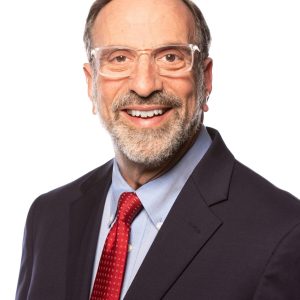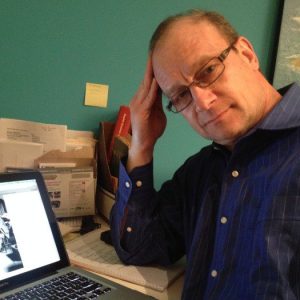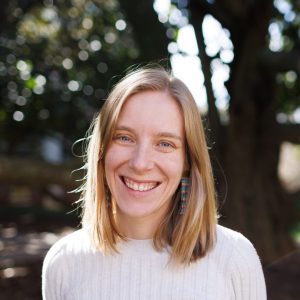A Moment of Torah with Rabbi Neil Sandler
Parshat Vayera
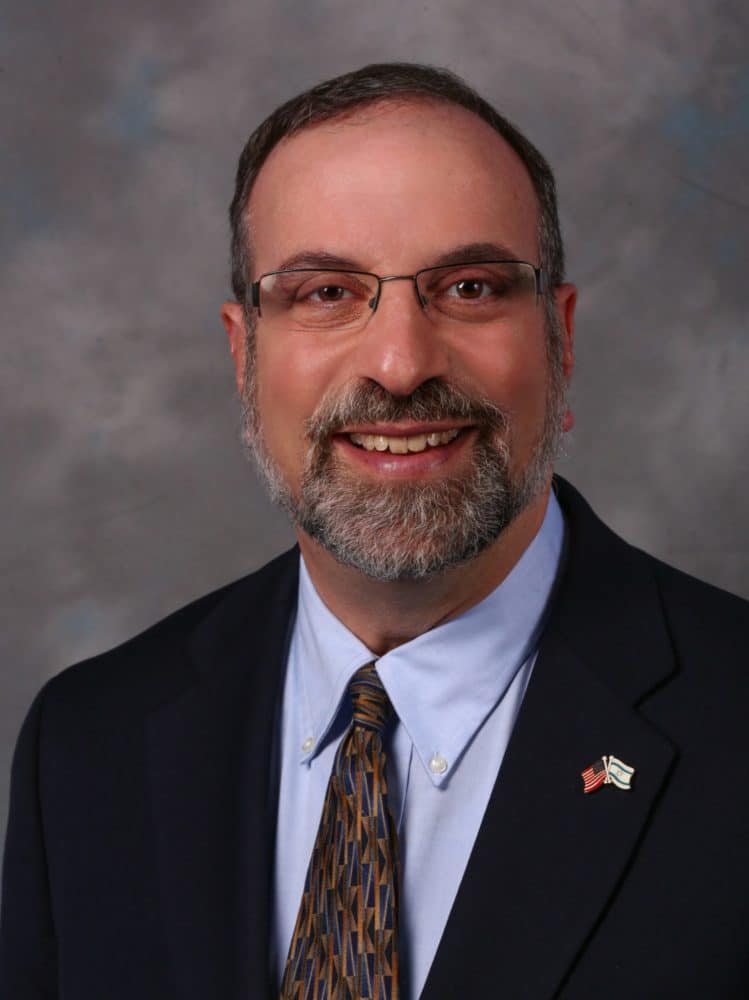
If you were Abraham, recovering from a recent circumcision, how would you have responded to the approach of three people you did not recognize? Would you have gotten up to greet them? Would you, along with your spouse, have begun to hurriedly prepare a meal for these people, as Abraham and Sarah did?
At the outset of our Torah portion this week, we read that the Holy One appeared (va'yera) to Abraham. Rashi, the medieval commentator links this divine appearance directly to the visitors – (God appeared to Abraham) "…through the arrival of three angels in the guise of men." Notice that Abraham didn't offer sacrifices to elicit the divine presence. He didn't cry out to God. Abraham and Sarah just acted sincerely to welcome individuals they did not know. That is how they recognized the Holy One's presence.
The message is a potentially powerful one. We evoke our awareness of God's presence through our actions. In Parshat Vayera, the emphasis in that regard is on hachnasat orchim, the welcoming of guests.
Fifteen years ago, Dr. Ron Wolfson of the American Jewish University, wrote a book, The Spirituality of Welcoming. It's not just the importance of welcoming; it is its spirituality, implying something about God's presence being tied to acts of welcome. Dr. Wolfson writes:
The spirituality of welcoming elevates both the guest and the host. A warm greeting eases the unspoken anxiety a guest feels at being a stranger and immediately answers the first question anyone in a strange place asks: "Will I be welcome here?" The act of hospitality…is an invitation for connection between human and human and, in that meeting, between human and God.
What is true for individuals is also true of a community in its interactions with individuals. What can a congregational community like ours do to welcome people so that our awareness of God's presence will be enhanced? What can we do to emulate something of Abraham and Sarah's actions and recognition of the Holy One in our midst? Our congregation offers many welcoming and caring acts. Still, we ought to continue to ask the question.













